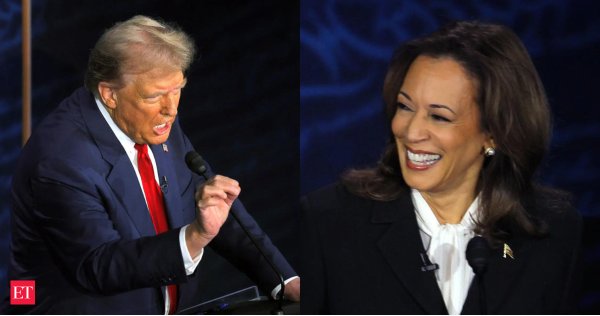On September 30, a major shift in the way Social Security benefits are distributed officially takes place, impacting over 390,800 beneficiaries. This change stems from an executive order signed by former President Donald Trump in March 2025, which mandates the end of paper check issuance by the federal government, including Social Security payments.
End of Paper Checks for Social Security Recipients
The executive order titled "Modernizing Payments To and From America's Bank Account," signed on March 25, 2025, directs the federal government to cease issuing paper checks as of September 30, 2025. This policy affects Social Security, which has been distributing paper checks since January 1940, along with other federal programs. The move aims to modernize payment methods by fully transitioning to electronic payments.
While this change impacts only a small fraction of the more than 70 million Social Security beneficiaries, it marks a historic shift. Electronic payments, primarily through direct deposit, have been the norm since 1975, with over 99% of recipients already receiving benefits electronically. The elimination of paper checks is expected to streamline payment processes and reduce administrative costs.
Social Security’s Role in Retirement Income
Social Security remains a critical financial resource for more than 53 million retired workers in the United States. As of August 2025, the average monthly benefit for retired workers stands at $2,008.31. Although this amount may seem modest, it plays a vital role in reducing senior poverty and is relied upon by 80% to 90% of retirees to cover essential expenses.
The program provides benefits not only to retired workers but also to individuals with disabilities and survivors of deceased workers. Its adjustments and updates occur regularly, typically announced annually by the Social Security Administration (SSA) to reflect changes in cost of living and other factors.
Upcoming Changes for 2026
Beyond the immediate transition away from paper checks, the Social Security Administration is preparing to announce a series of changes set to take effect in 2026. While details are still forthcoming, these updates are expected to address benefit calculations, eligibility criteria, and other program elements to ensure continued support for beneficiaries.
These ongoing adjustments underscore the dynamic nature of Social Security as a program that evolves to meet the needs of its recipients and the broader economic environment.
Unclaimed Social Security Bonuses
In addition to regular benefits, many retirees overlook potential Social Security bonuses that could increase their monthly income. These bonuses, which can amount to as much as $23,760 over time, often go unclaimed due to lack of awareness or misunderstanding of eligibility requirements.
Beneficiaries are encouraged to review their Social Security statements and consult with SSA resources to ensure they are receiving all entitled benefits, including any applicable bonuses or credits.
Conclusion
The cessation of paper checks for Social Security payments marks a significant modernization milestone for the program, reflecting decades of technological advancement in federal payment systems. While the immediate impact affects a relatively small group, the broader shift to electronic payments enhances efficiency and security for millions of beneficiaries.
As the Social Security Administration prepares to roll out further changes in 2026, beneficiaries should stay informed to maximize their benefits and adapt to evolving program requirements.




